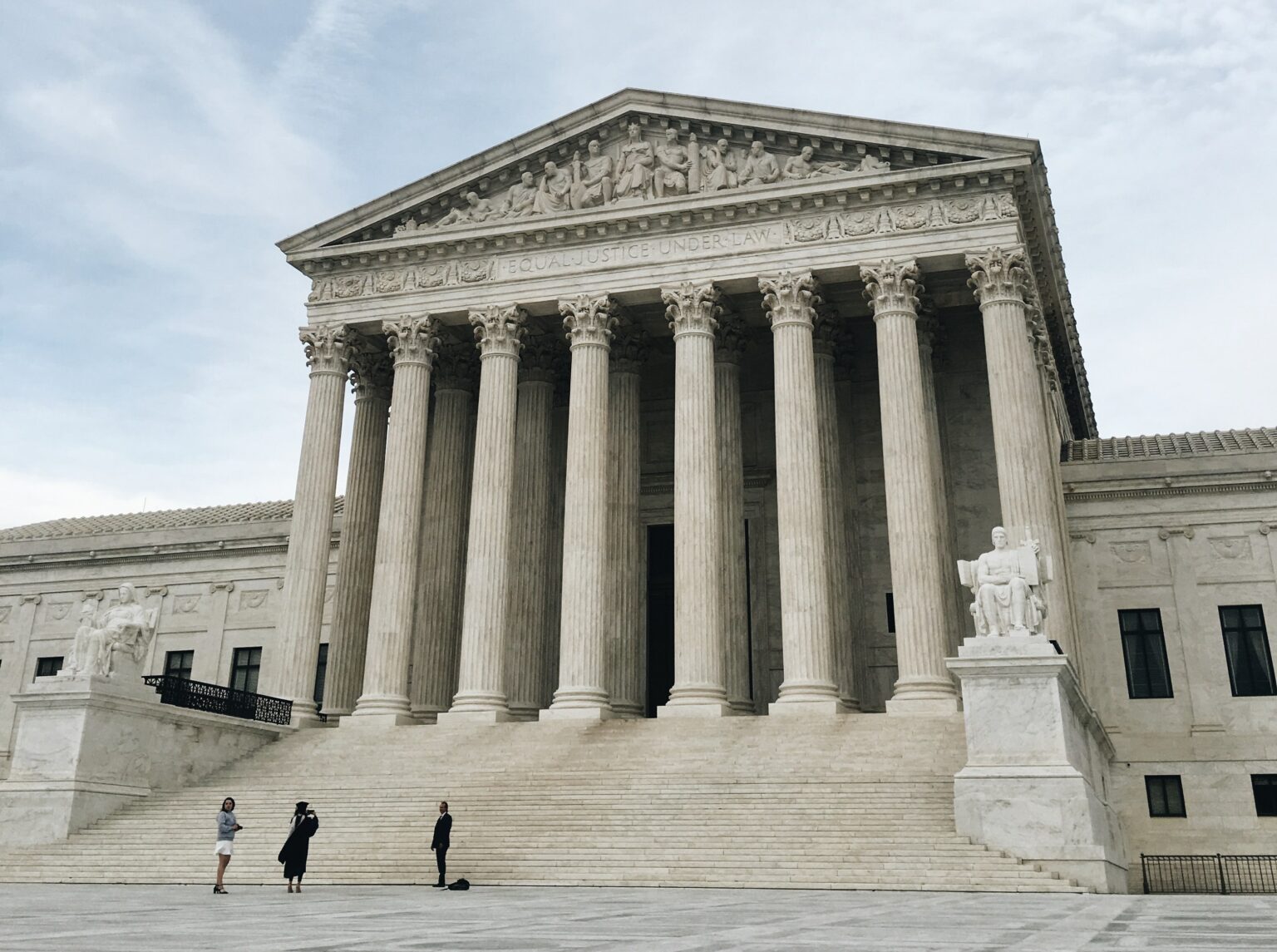The Supreme Court on Tuesday was set to hear arguments in a case that questions the Constitutionality of taxing incomes.
Moore v United States centers on the 16th Amendment, which states, “Congress shall have power to lay and collect taxes on incomes, from whatever source derived, without apportionment among the several States, and without regard to any census or enumeration.”
The Amendment was enacted in 1913 to reverse a Supreme Court decision from the previous century that basically made it impossible to have a federal income tax.
The case before the Supreme Court on Tuesday targets a measure in the $1.5 trillion Tax Cuts and Jobs Act, which was passed during the Trump Administration by a GOP-majority Congress. The 2017 law created a one-time transition tax on shareholders on undistributed profits accrued between 1986 and 2017 by certain Controlled Foreign Corporations (CFCs) that are majority-American owned.
The petitioners, Charles and Kathleen Moore, had bought an 11% stake in a CFC based in India called KisanKraft back in 2005. Following the Tax Cuts and Jobs Act, they discovered in 2018 that they were liable for $15,0000 for a one-time transition tax based on their earnings—though they say that the business reinvested its earnings and never distributed any amount to them.
The Moores assert that the transition tax violates the 16th Amendment because they never received any of the company’s profits. Both a federal district court and the 9th U.S. Circuit Court of Appeals rejected their assertion.
The Justice Department argues that the transition tax is Constitutional because the 16th Amendment does not restrict Congress to taxing only realized gains.
The Supreme Court could potentially limit their decision to the transition tax, though ruling in favor of the Moores could raise further questions about the current tax code—and spark more lawsuits against levies on unrealized or undistributed income, which are often aimed at curbing tax avoidance.
And if the Moores win, the federal government could be forced to pay back billions in corporate tax collections. For example, the Tax Cuts and Jobs Act has been expected to raise $340 billion over a decade.
Former House Speaker Paul Ryan (R-WI), who drafted the 2017 bill, has said the goal was to “finance a conversion from one system to another” and make it less easy for the corporate rate to “snap back up” should the Republicans lose power in Congress, which he said would be “very bad for our economy.”
“I’m not for a wealth tax but I think if you use this as an argument to spike a wealth tax, you’re going to basically get rid of…a third of the tax code,” Ryan said during a roundtable at the Brookings Institution in September.
He added, “I mean, a lot of the tax code would be unconstitutional if that thing prevailed….So I think that it’s a misguided challenge, in my opinion.”
Read more exclusive news from Political IQ.


